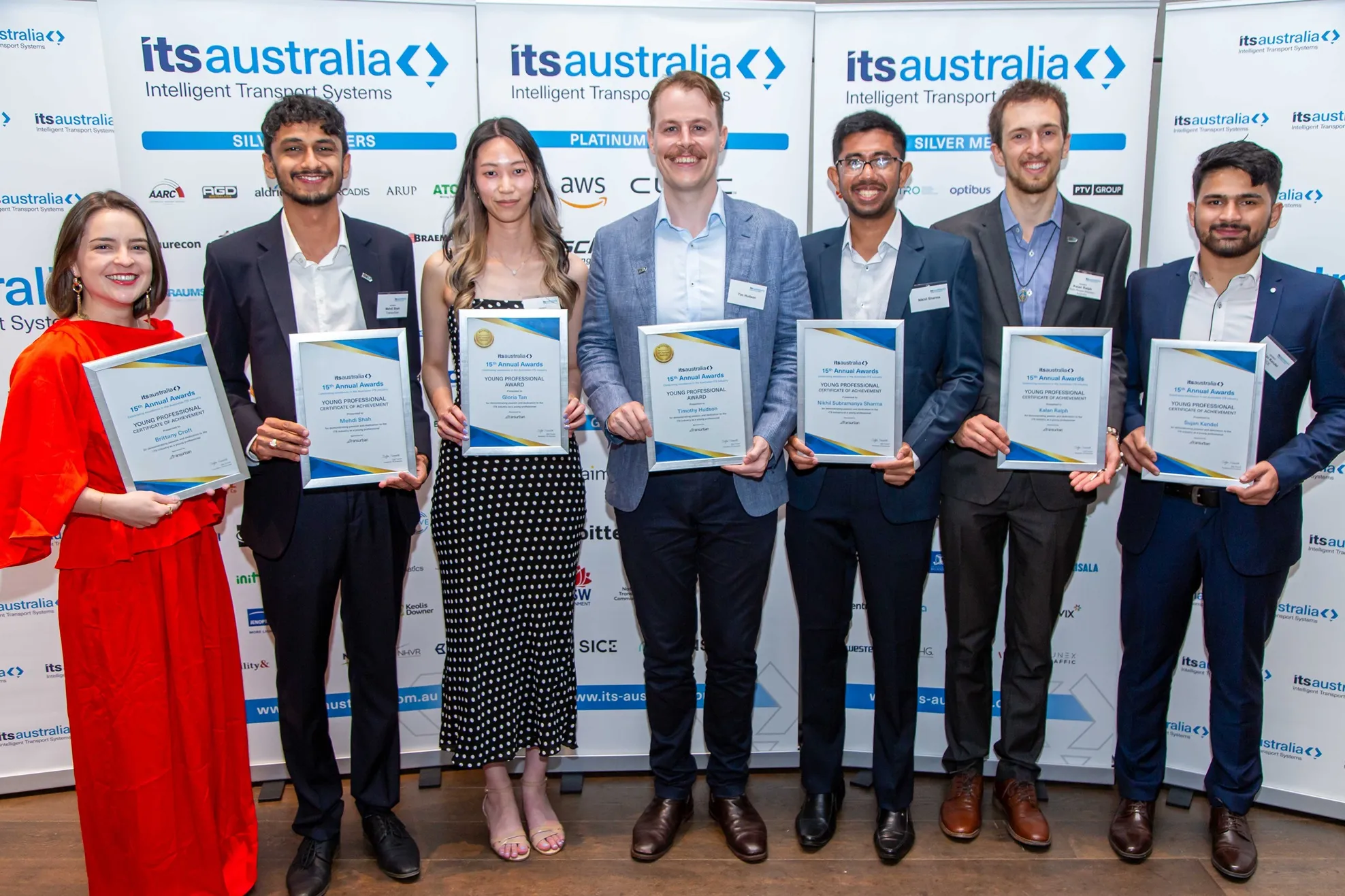HMI Technologies (HMI) has launched its third self-driving vehicle trial with a consortium of partners at La Trobe University, in Melbourne, Australia. The trial intends to further help authorities and commercial businesses to research the benefits and limitations of the technology, and identify how it will become part of the public transport network of tomorrow.
The La Trobe Autonobus (LTA) will soon connect students and staff at the University campus to other transport network nodes such as trams and bus. It aims to make mass public transport more attractive, by connecting people safely and efficiently from transport hubs to their destination, leading to less congestion and pollution on the roads and less need for large, expensive road and parking infrastructure.
Short journeys aboard the bus will be available after preliminary safety tests are complete, expected to be around April 2018.
LTA is part-funded by the Victorian Government Smarter Journeys Program and brings together the private sector and academia.
Partners for the project include Royal Automobile Club of Victoria (RACV), La Trobe University, Keolis Downer, Vic Roads and Australian Road Research Group (ARRB).
Dean Zabrieszach, chief executive officer of HMI, said: “We are committed to developing technologies which deliver a safer, more efficient and sustainable transport future and electric self-driving vehicles have amazing potential in that regard.”
“We regard our entrance into the AV space as a natural progression, combining our expertise in ITS technology, with growing expertise in automated vehicles, we’re answering outstanding questions, we are again working with transport agencies, identifying the requirements to safely introduce these vehicles to public environments as soon as possible.”
Stuart Ballingall, VicRoads director of transport futures, said: “We hope to learn how this technology can be used while interacting with other road users, which will help to inform the development of a legal and regulatory framework for the safe introduction of automated vehicles across Victoria and Australia.”
HMI commence third driverless vehicle trial at La Trobe University, Melbourne
HMI Technologies (HMI) has launched its third self-driving vehicle trial with a consortium of partners at La Trobe University, in Melbourne, Australia. The trial intends to further help authorities and commercial businesses to research the benefits and limitations of the technology, and identify how it will become part of the public transport network of tomorrow. The La Trobe Autonobus (LTA) will soon connect students and staff at the University campus to other transport network nodes such as trams and bus
November 15, 2017
Read time: 2 mins
Related Content










